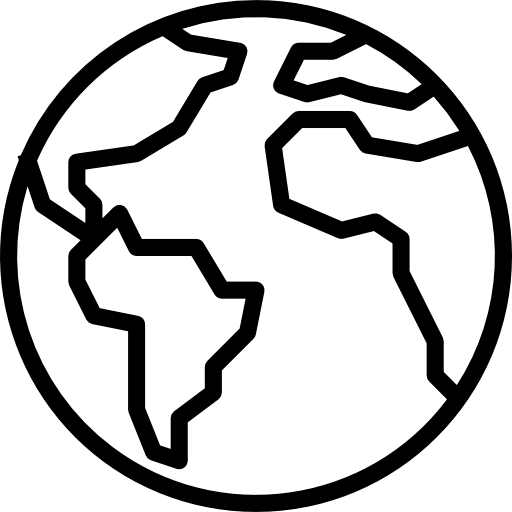As of September 2023 this Master’s programme is called Urban and Economic Geography. Previously this programme was called Human Geography. Please note: There may be minor changes to the programme.
Are you looking for our two-year research Master's? Please go to the Global Urban Transformations Master’s programme.
Cities and urban regions are breeding grounds for innovation and economic growth. However, continuous urban growth can lead to several challenges and differences, and an increasingly global economy has both winners and losers. So how do different people use and experience a diversity of spaces within cities? And how can we explain that some regions grow, while others decline?

Everyday city life perspective
During the one-year Master’s programme Urban and Economic Geography, you will study the city and its economic, social and cultural developments from various academic perspectives and thematic angles, with an interdisciplinary approach. You learn how important urban and economic issues are interwoven, and understand the relation between people and places in an urban environment. Furthermore, you will gain the academic training needed to uncover (hidden) layers of society and contribute to a better present and future society by tackling its challenges.
Let's go abroad!
The international fieldtrip is an integral part of the Master’s Urban Economic Geography. Taking the acquired knowledge from introduction courses as a starting point, you will analyse contemporary dynamics, developments and transformations in European and/or American metropolitan regions. Visit less-known and new facets of the cities, discuss geographical sites and contexts with people who live and work there, and engage in fieldwork by organizing walking tours through particular neighborhoods. Available destinations vary from year to year, the choice is yours!
Why in Utrecht?
Studying Urban and Economic Geography at Utrecht University has several advantages and benefits.
- At the start of the year, you can choose one of the specialisations to suit your specific interests which gives you the opportunity to tailor your own study programme.
- You get supervision by an esteemed team of tutors and researchers who conduct research within the Utrecht institute of Urban Futures. They have extensive contacts with international researchers and the private sector, and are always abreast of the latest developments.
- The programme has an international character and welcomes students from around the world. This ensures you are provided with the opportunity to come into contact with other cultures and national contexts.
- Working from a scientific and theoretical foundation, you come into contact with daily practice. Through guest lectures and practical assignments (active learning), you will learn what graduates do and be able to determine where you would be most at home. Furthermore, you get the opportunity to develop a strong connection with the labour market through internships, problem-based assignments and professional competences courses.
Key facts
- Degree:
- Human Geography (MSc)
- Language of instruction:
- English
- Mode of study:
- Full-time
- Study duration:
- 1 year
- Start:
- September
- Deadline:
Non-EU/EEA students: 1 April
Dutch & EU/EEA students: 1 June
- Tuition fees:
- Dutch and other EU/EEA students (statutory fee, full-time) 2024-2025: € 2,530
Non-EU/EEA students (institutional fee) 2024-2025: € 20,043
More information about fees - Croho code:
- 66620
- Accreditation:
- Accredited by the NVAO
- Faculty:
- Geosciences
- Graduate school:
- Geosciences
- Brochure:
- Request a brochure

